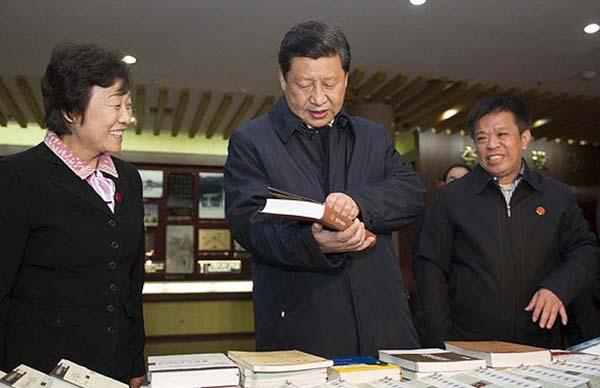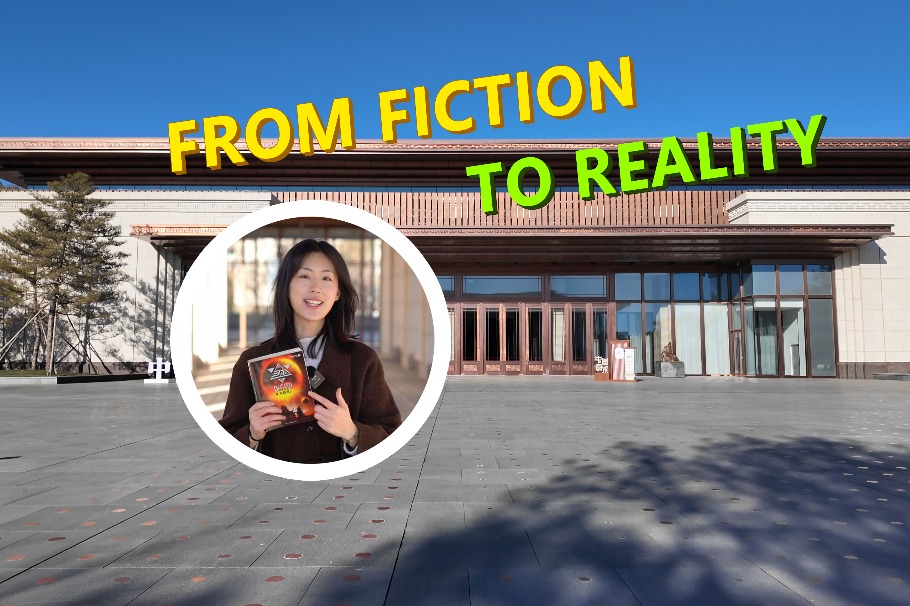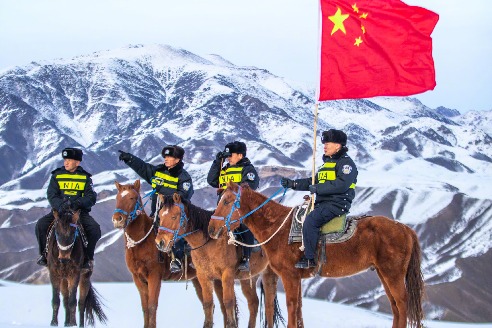Xi: Reading cultivates noble spirit


In terms of literary and art creation, Xi Jinping emphasized a people-centered philosophy. He said the fundamental purpose of literary and art works is to serve the people.
He cited the story of Liu Qing in explaining it.
"In 1982, before I went to work in Zhengding county, Hebei province, among those who came to see me off was a scriptwriter named Wang Yuanjian. He told me that after I went to the countryside, I should mingle with the masses, just like Liu Qing did," Xi said.
Liu Qing was a writer who served as deputy Party chief of Chang'an county in Northwest China's Shaanxi province during the early 1950s. To better learn about the life of farmers, he quit his position as an official and settled in a village named Huangfu and stayed there for 14 years. During that time he was devoted to creating a novel titled Chuang Ye Shi, or The Story of Entrepreneurship, which depicts the socialist transformation of agriculture in rural China.
"Because Liu Qing had a deep understanding of the lives of local farmers, he created vivid characters in his book. He was so familiar with the life of farmers that once a new government policy was rolled out, he could immediately figure out whether the farmers would welcome or oppose the new policy," Xi said.
Not only Chinese literature fascinates Xi, he also is a fan of foreign literature.
During an interview with media outlets from BRICS countries in March 2013, Xi said, "When I was young, I read a lot of Russian literature. The books by Russian writers such as Pushkin, Lermontov, Turgenev, Dostoyevsky, Nekrasov, Tolstoy, Chekhov, and Sholokhov had a huge influence on me."
























